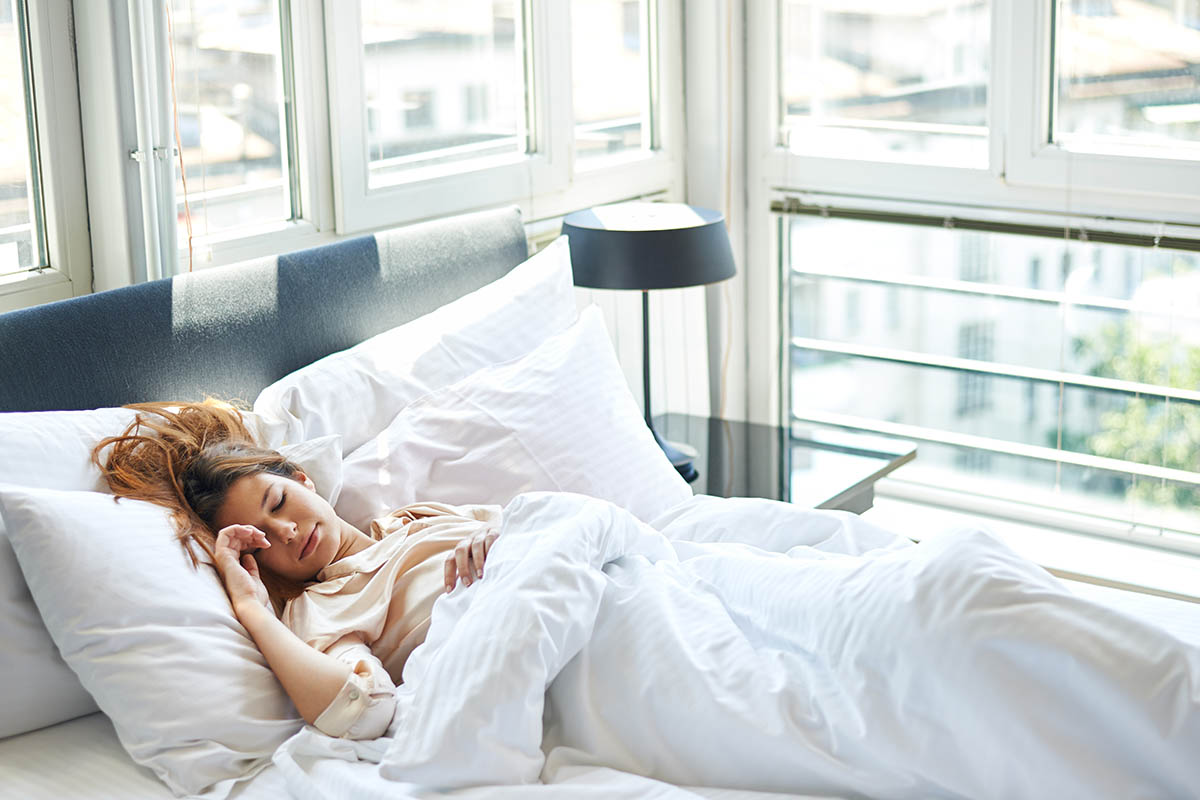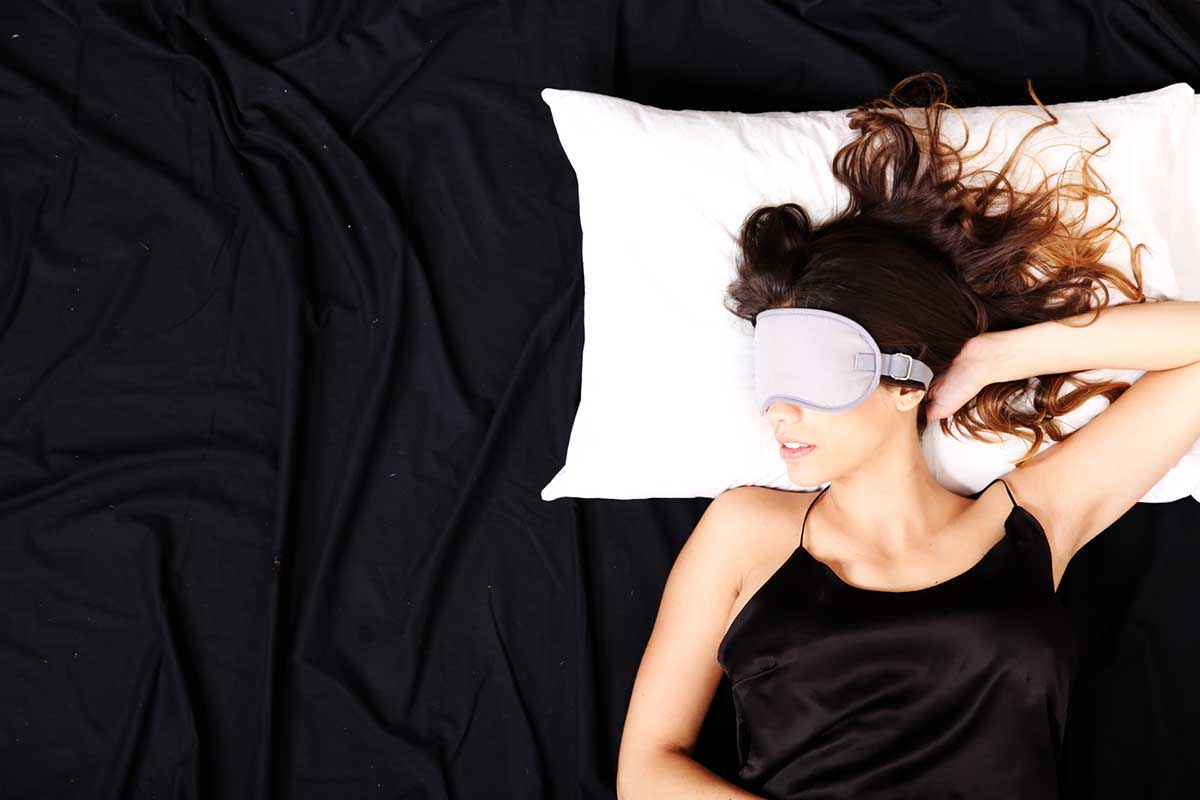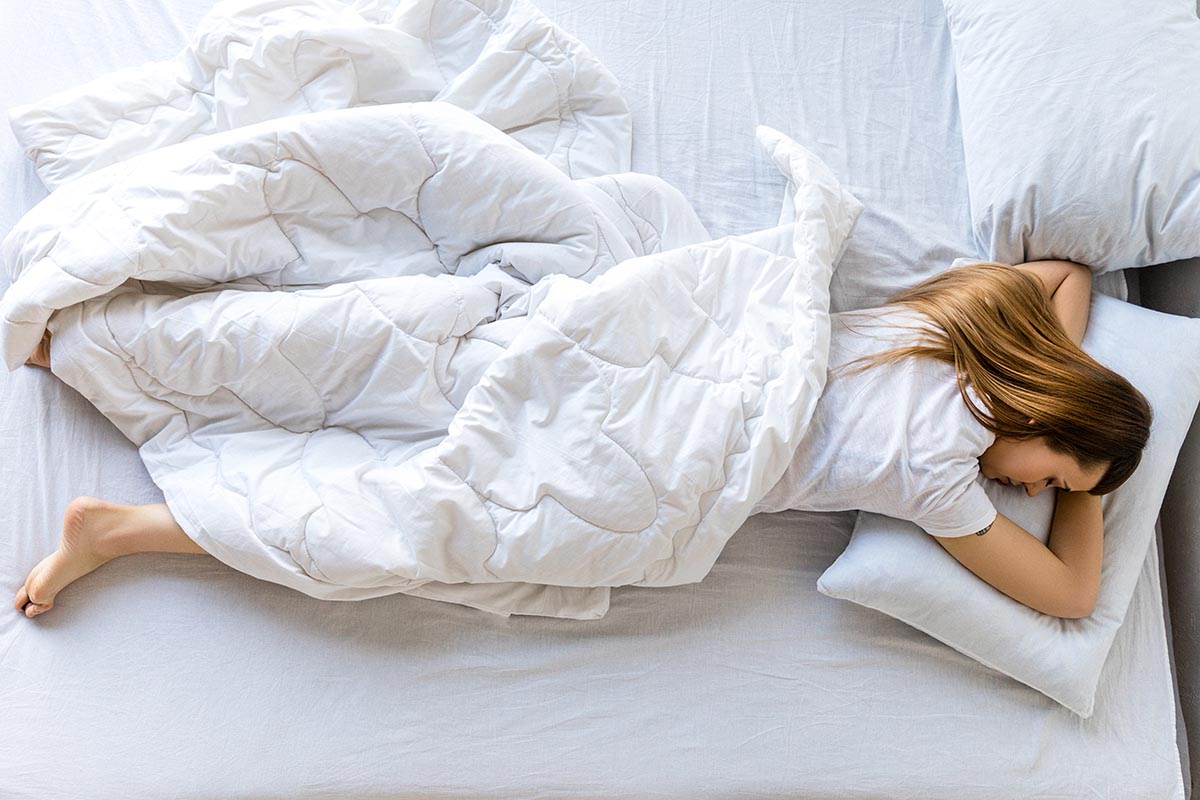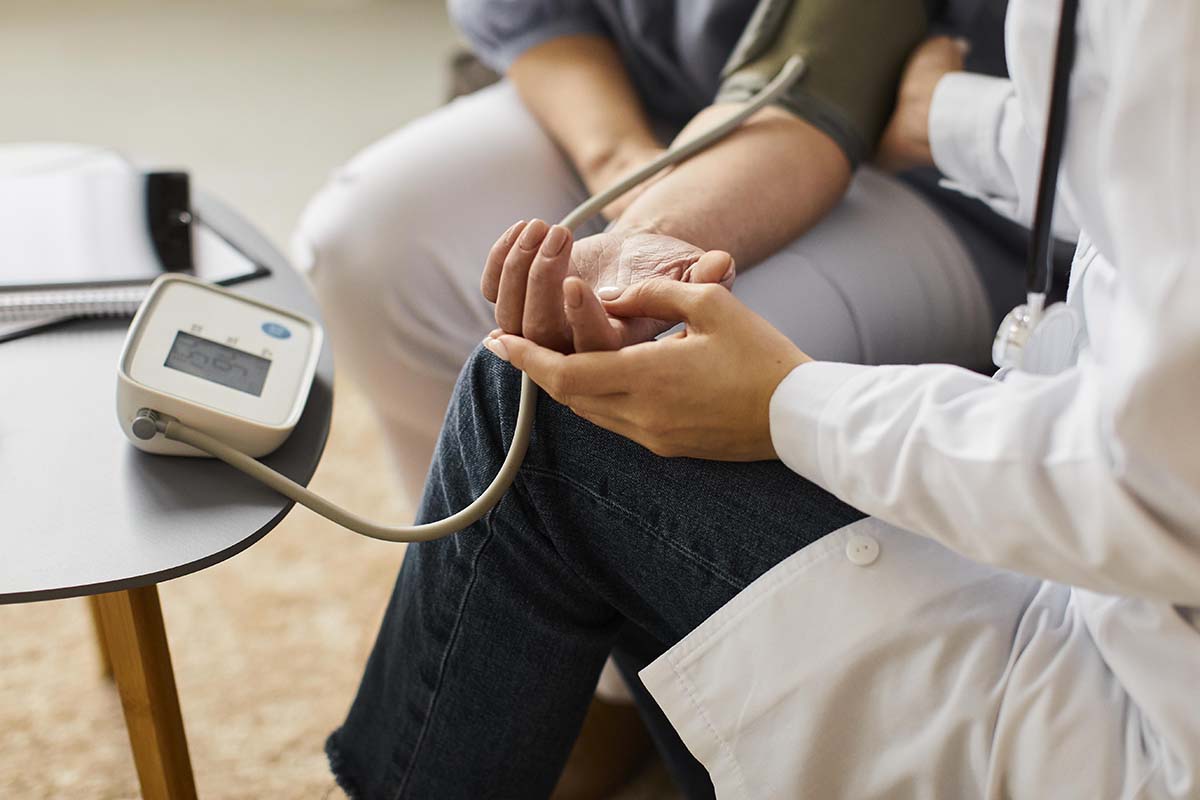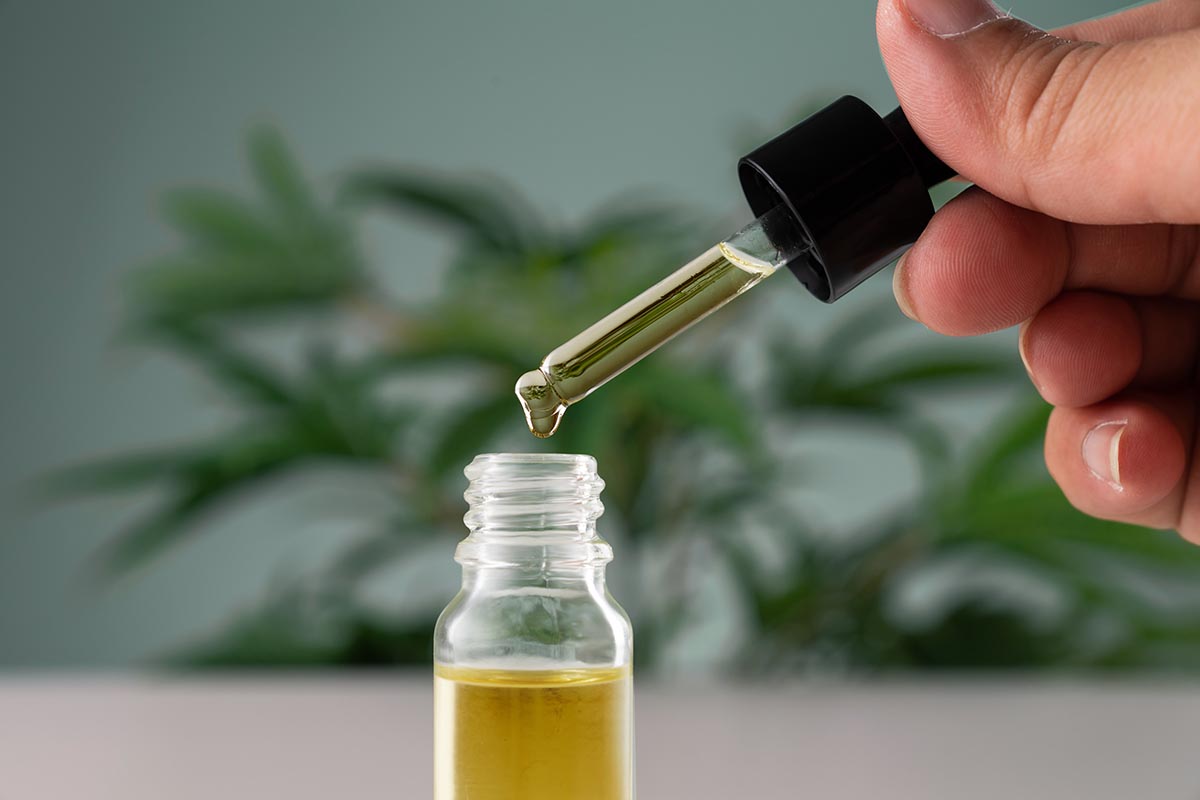8-Hour Sleep: Luxury or Necessity?
Key Points
Sleep is not a luxury—it’s essential. Your physical and mental health depend on it.
Quality beats quantity (but 8 hours is ideal). A consistent, calming routine matters more than an exact number.
If you’ve tried everything and still struggle, get help. There are safe, effective ways to reset your sleep—like stress relief supplements—and feel human again
We’ve all had those nights. You toss, you turn, you try every trick in the book (hello, lavender spray and sleepytime tea), and still… nothing.
Then the next morning hits like a freight train.
You’re groggy, snappy, and barely human until your third cup of coffee. Sound familiar?
And sure, you might joke about becoming a “walking zombie,” but deep down, you know it’s more than just feeling tired.
Sleep deprivation messes with your mood, focus, productivity, immune system—literally everything.
And when stress piles on (as it usually does), your body stays in overdrive, making it even harder to wind down at night.
That’s where a good routine—and sometimes a little help from natural stress relief supplements like magnesium glycinate, ashwagandha, or L-theanine—can make a real difference.
So let’s get real: Is 8 hours of sleep just a fancy wellness goal, or is it something we actually need?
Spoiler: It’s not optional. It’s survival.
Why Does Sleep Matter So Much?
Here’s the thing most people don’t talk about: while you sleep, your body goes into full-on repair mode.
We’re talking immune system tune-ups, memory consolidation, hormone regulation, and stress recovery. It’s like a full-body service appointment… but free.
When you skip sleep, it’s like skipping oil changes on your car. Sure, it still runs—until it doesn’t.
And yet, in our hustle culture, we treat sleep like a luxury.
We sacrifice it for deadlines, late-night scrolling, binge-watching, or just overthinking everything from to-do lists to that one weird text from your ex.
Sound familiar?
Tried Everything and Still Not Sleeping?
If you’ve tried dimming the lights, sipping chamomile, cutting caffeine, and doing “mindful breathing” while lying wide awake… you’re not alone.
Sometimes, it’s more than routine—it’s your nervous system on high alert.
That’s why many people explore short-term sleep aids (prescribed responsibly) or natural options like melatonin, magnesium, or CBD.
And if sleep anxiety is part of the problem, journaling or brain-dumping before bed can work wonders.
The goal? Shut down that mental chatter so your brain knows it’s safe to rest.
So… Is 8 Hours Really the Magic Number?
Yep. According to the CDC, most adults need 7–9 hours of sleep for optimal health.
And no, you can’t “catch up” on weekends. In fact, chronic sleep deprivation can increase your risk of heart disease, anxiety, depression, and even weight gain.
But here’s the good news: your sleep can be improved. Start small.
Think routines, wind-down rituals, fewer late-night screens, and a bedroom that feels like a sleep sanctuary (cool, dark, and quiet).
Terrible impacts of lack of sleep
According to the American Academy of Sleep Medicine, 1 in 3 American adults does not get adequate sleep. If we don’t sleep properly, we are more prone to get sick as our immune system gets weak by not getting enough sleep.
As a result, our body’s ability to fight illnesses would be significantly affected.
In addition, not getting enough sleep can lead to brain dysfunction, which results in the inability to think correctly, loss of memory, poor decision-making, poor reasoning, brain fog, poor problem-solving skills, the issue of being alert, etc.
Furthermore, it is also found that our libido diminishes drastically when we don’t get enough sleep.
On top of that, we are more likely to get heart problems, diabetes, skin problems, and more.
Lack of sleep can speed up the aging process.
As the inadequacy of sleep will keep you stressed out and not rested, there will be a rise in cortisol hormone, also known as the stress hormone responsible for premature aging.
The correlation between Sleep and Mental Health
Did you know there’s a deep-seated connection between sleep and mental health? Bad mental health can impact your sleep, and a bad sleep routine can affect your mental health.
Sleep is considered to be a natural antidepressant. By getting quality sleep, you can significantly reduce your anxiety, worries, and stress levels. If we struggle with sleep problems, we are likely to be
- Depressed;
- Suicidal;
- Anxious;
- Paranoid;
- Have psychotic episodes; mania, psychosis, or paranoia;
- Lonely or isolated;
- Irritable and angry;
- Having daily life problems;
- Having more mental health problems.
Did you know that sleep deprivation can lead you to have hallucinations, i.e., see, hear or believe things that are not real?
How much sleep do we need for optimal functioning?
It is believed that seven or more hours of quality sleep is required in most adults every night. Therefore, your sleep quality matters just as much as quantity.
An undisturbed, uninterrupted peaceful night’s sleep is hugely beneficial for the mind and body.
If you face trouble sleeping and constantly wake up in the middle of the night, you are less likely to feel rested and energized in the morning.
So, the real question is: Is getting an 8-hour sleep a luxury or a necessity?
Well, the answer is that getting adequate sleep is not a luxury but an absolute necessity. Sleep is one of the significant components of human survival, like eating and drinking. We need them in adequate portions to ensure the proper functioning of our minds and body.
Just as getting a good quality sleep is essential, getting an appropriate quantity of sleep is equally important, whether in the form of night sleep or power naps.
No matter how much the world promotes sleeping a few hours and working more, that is none but a capitalist approach.
Society makes us believe that we should always work to make more money.
It seldom encourages people to look after their mental health and take proper breaks to ensure better overall health.
It is said that most billionaires only sleep a couple of hours at night. Well, that’s nothing but a complete sham! Scientists suggest that sleep is essential to our overall health and that we should sleep between 7 to 9 hours daily to keep our health in check.
